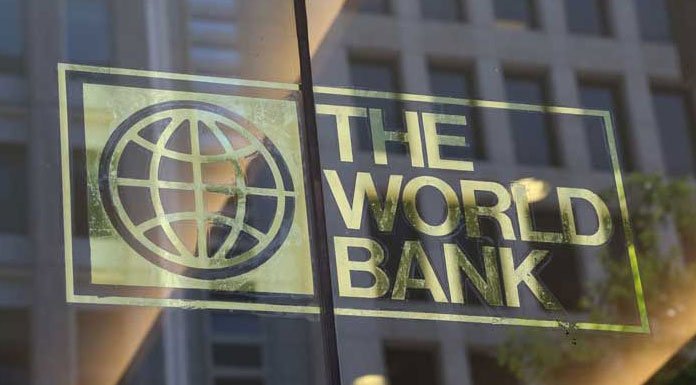As Tunisia’s economy shows tentative signs of recovery, a new World Bank report positions the strengthening of social safety nets not just as a moral imperative but as a critical economic strategy for sustainable growth.
The report, titled “Strengthening Social Safety Nets for More Efficiency and Equity,” contends that well-targeted social protection is essential for supporting vulnerable households and building a more resilient and inclusive economy.
The analysis highlights Tunisia’s flagship cash transfer program, AMEN, as a cornerstone of this effort. Over the past decade, the program’s coverage has tripled, now reaching approximately 10% of the population, and has played a “central role in reducing poverty and inequality.”
“Tunisia has made significant progress in expanding coverage for the poorest,” said Alexandre Arrobbio, the World Bank Resident Representative for Tunisia. “Improving the efficiency and equity of social safety nets could reduce inequalities and boost the economic inclusion of vulnerable households.”
This focus on “economic inclusion” is presented as a catalyst for recovery. By ensuring that the benefits of growth are widely shared, the government can foster greater social stability and strengthen the domestic consumer base, which in turn supports broader economic activity.
The report comes as Tunisia’s economy registers a modest uptick, with real GDP growing 2.4% in the first nine months of 2025, supported by agriculture, construction, and tourism. However, the recovery remains fragile, constrained by limited foreign financing and low investment.
In this context, the World Bank suggests that continuing to reform the social protection system is a parallel priority to macroeconomic management. Key recommendations include improving the targeting of aid to ensure it reaches those most in need, developing digital tools to streamline delivery, and crucially, working to extend social insurance to workers in the vast informal sector.
Bringing informal workers into the formal safety net is seen as a way to enhance their productivity and economic security, ultimately contributing to a larger tax base and a more robust economy.
The conclusion is that for Tunisia to ensure a shared prosperity, it must continue to preserve macroeconomic stability while simultaneously investing in a more efficient and equitable social protection framework. This dual approach, the Bank argues, is not merely a social expense, but a vital investment in the nation’s economic future.
TunisianMonitorOnline (NejiMed)




